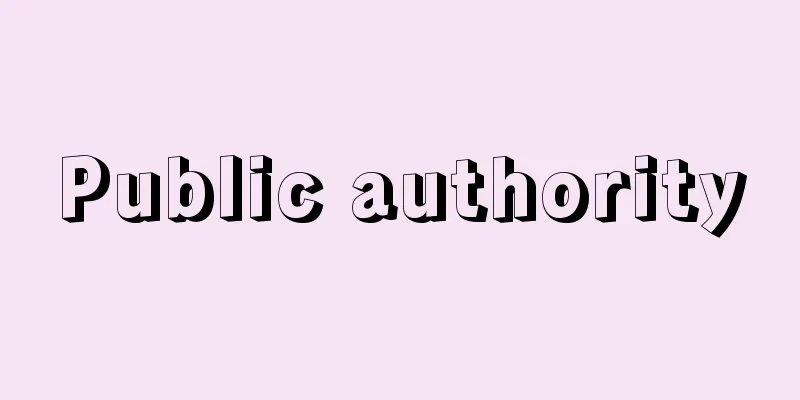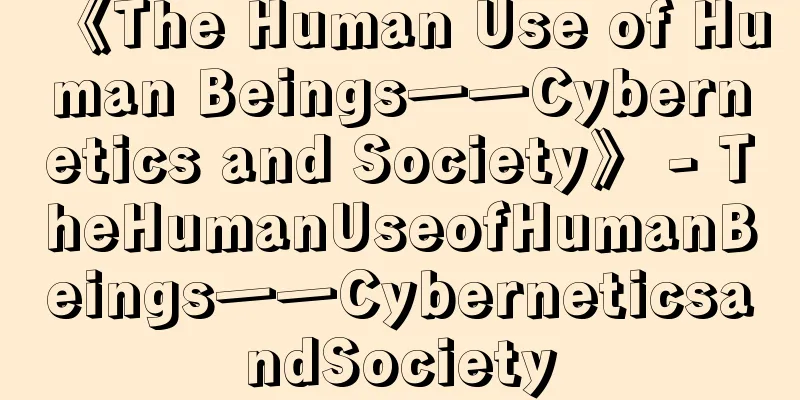Public authority

|
In public law relationships, it refers to the legal power (right) to directly assert certain interests for oneself. It is a traditional concept in administrative law that distinguishes public law from private law. Public rights are divided into national public rights that the state and public organizations have in their capacity as public authority, and personal public rights that citizens have against public authority. National public rights are public power itself, such as police power, control power, public enterprise supervision power, public charge privilege, and taxation power. Personal public rights are divided into suffrage, right to receive benefits, and freedom rights. Unlike private rights that are recognized directly for private interests, personal public rights are recognized from a national and public perspective, so they are not exclusive, absolute, inviolable rights, but rights that anticipate restrictions from a public interest perspective, and it has been said that they have a clear nature of rights, i.e. obligations, and cannot be abandoned or transferred. Examples include the right to vote, the right to sue, the right of public servants to receive pensions, the right to claim wages, and the right to claim welfare. However, today the theory that does not recognize a systematic distinction between public law and private law has become dominant, and whether or not renunciation or transfer is permitted is determined by the provisions of positive law and the nature of individual rights (such as the right to vote or the right to claim welfare benefits), so the concept of a systematic public right has become harmful and useless. [Yasuhito Abe] [Reference] |Source: Shogakukan Encyclopedia Nipponica About Encyclopedia Nipponica Information | Legend |
|
公法関係において、直接自己のために一定の利益を主張しうべき法律上の力(権利)をいう。公法と私法を区別する伝統的行政法学上の観念である。公権は国家・公共団体が公権力主体としての立場において有する国家的公権と、国民が公権力主体に対してもつ個人的公権に分けられる。国家的公権は警察権、統制権、公企業監督権、公用負担特権、課税権等、公権力そのものである。個人的公権は参政権、受益権、自由権に分けられる。個人的公権は直接私益のために認められる私権とは異なり、国家的・公共的見地から認められるものであるから、独占排他的な絶対不可侵の権利ではなく、公益的見地からの制約を予想した権利であり、権利すなわち義務の性質が顕著で、放棄、移転は許されないと説かれてきた。選挙権、訴権、公務員の恩給権、給与請求権、生活保護請求権などがその例とされる。しかし、今日では公法と私法の体系的区別を認めない説が優勢となっているし、放棄、移転が許されないかどうかは実定法の定めと個々の権利(選挙権、生活保護請求権など)の性質によって決まることで、体系的な公権という概念は有害無益となってきている。 [阿部泰隆] [参照項目] |出典 小学館 日本大百科全書(ニッポニカ)日本大百科全書(ニッポニカ)について 情報 | 凡例 |
Recommend
knee joint
…This is also the reason why femoral neck fractur...
Kankurin, EF - Kankurin
…From 1769, paper money called assignatsiya was i...
Kijimadaira [village] - Kijimadaira
A village in Shimotakai District, northeastern Nag...
Retirement - Inkyo
The head of the household retires and transfers h...
Recumbent fold - Ougashukyoku
A type of crust that has been folded to an extreme...
Omelet - Omelet (English spelling)
One of the most well-known egg dishes. Fresh eggs...
Fa-yuan Zhu-lin (English spelling)
Written by the Chinese Tang Dynasty monk, Saimyoji...
Clydeside
…In agriculture, the eastern part of the country ...
Empedokles - Empedokles (English spelling)
Ancient Greek philosopher. Born into a noble fami...
British empiricism
A philosophical movement that emerged in England i...
Carp - Carp
A fish of the Cyprinidae family. It resembles a ca...
ball mill
… [Crushing force mill] All grinding mills use th...
Aeminium - Aeminium
…A university city that developed around the hill...
Four-horned antelope (English spelling)
A mammal of the Bovidae family in the order Artiod...
Desert - desert (English spelling)
A place where precipitation is so little that pla...









